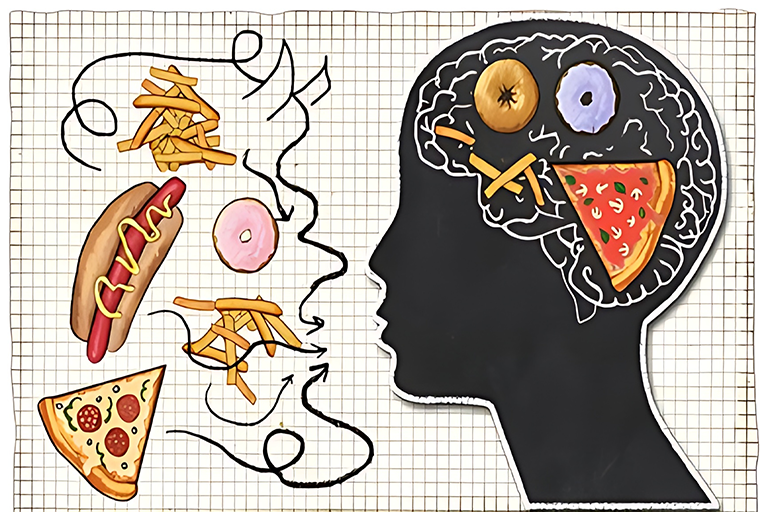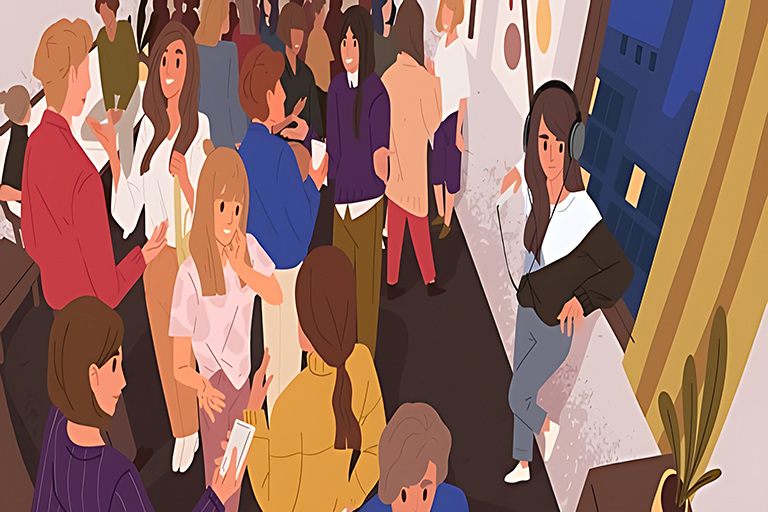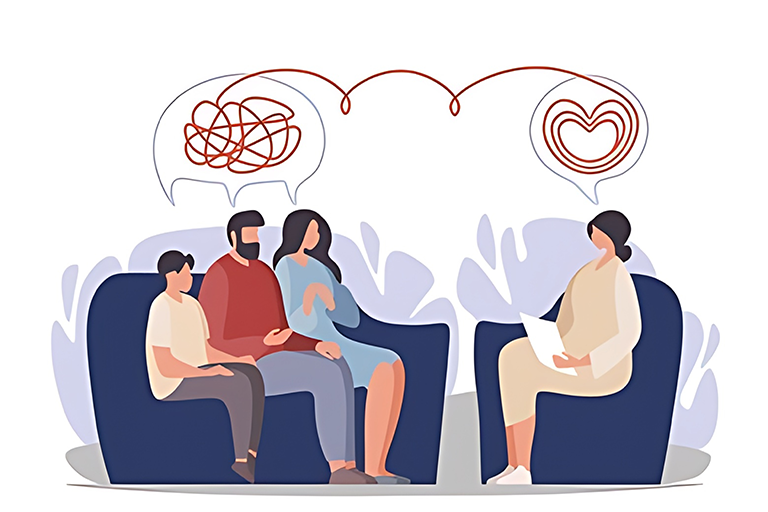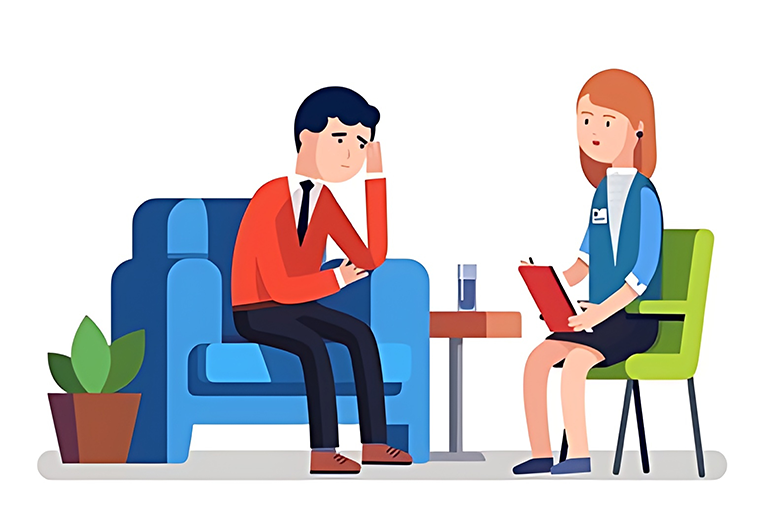Everyone is vulnerable to developing an eating disorder at any time. An eating disorder is a mental illness that influences people’s emotions and thought processes. People who have eating disorders continuously monitor their daily food intake and what they eat. They constantly check their weight on a scale to make sure they haven’t put on any more weight. Anorexia, bulimia, and binge eating are some of the most prevalent eating disorders.
Types of Eating Disorder
People who suffer from anorexia worry excessively about their weight and the foods they consume. Some anorexics watch their weight, consume very little food, and exercise nonstop for hours at a time. They limit the quantity of calories they consume each day, sometimes even doing so daily. People believe you can tell if someone has an eating disorder just by looking at them. In actuality, you cannot. Although they may appear to be in good health on the outside, they are actually in pain.
One more is bulimia neuropathy. When a person has this type of disorder, they binge eat and then later self-induce vomiting. Bulimics frequently lack self-control when they are eating. They frequently overeat and then try to “feel better” by throwing up the food they consumed to make themselves feel as though they hadn’t eaten at all.
The final example is binge eating. People who suffer from this severe, perhaps fatal disease frequently eat a lot of food all at once. All of these are potentially fatal, but once a person acknowledges a problem, they can receive treatment. Since admitting to this issue might be challenging, many people choose to keep their troubles hidden for a long time in order to protect those around them.

Eating Disorder Causes
Eating disorders can occur in people for a variety of causes. Some people grow this because they dislike the way their bodies seem. This is referred to as body dysmorphia, an obsessional disorder in which people obsess over their bodies and how they appear. Because they believe that society expects them to be small, in form, and healthy, people develop these diseases.
Other factors that contribute to their development include genetics, biochemistry, and culture (ULifeLine, 2019). According to studies, eating disorders can run in families and are more common in kids and siblings. Because of their biochemistry, individuals with eating disorders may have higher levels of the substances that control their appetite, mood, sleep, and stress levels.
Cortisol, a stress hormone, is a substance found in people with bulimia and anorexia. According to some experts, serotonin excess in anorexics may cause them to experience chronic tension. People who lack self-esteem or have problems managing their emotions may also suffer from this.
Effects of Eating Disorder
In our culture, publications like journals or books may be titled “Dieting Foods” or “How to lose weight.” Other variables include people who see someone else’s body and wish they had that person’s structure and body type. Family can have a big impact. A person can have experienced a difficult childhood or family issues. Both bulimia and anorexia can result from psychological problems and harm a person’s body severely.
Other factors include people who wish they had another person’s physical shape and structure when they see it. A lot can be influenced by family. A person may have had a challenging childhood or dealt with family troubles. Both bulimia and anorexia can be caused by psychological issues and severely affect a person’s body.
Seek professional assistance: Getting advice and treatment alternatives from a mental health expert may be beneficial.
Learn more: Mental Health Awareness
& Mobile Phone Addiction & Teenagers
Shruti Dua, Mental Health Blogger, YOUR Confidant





